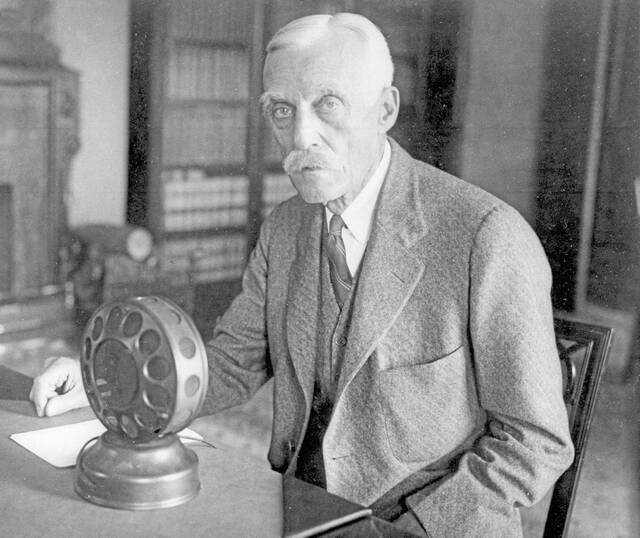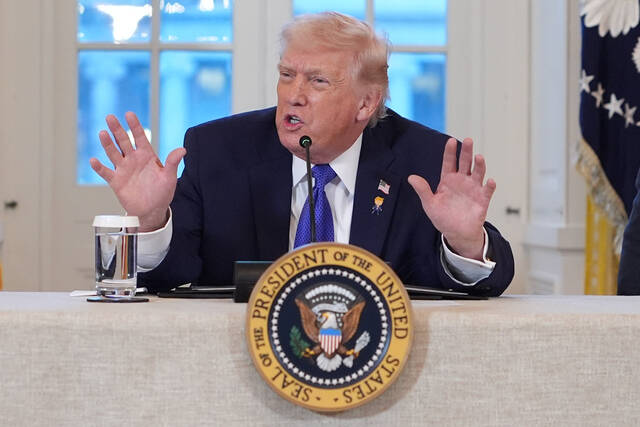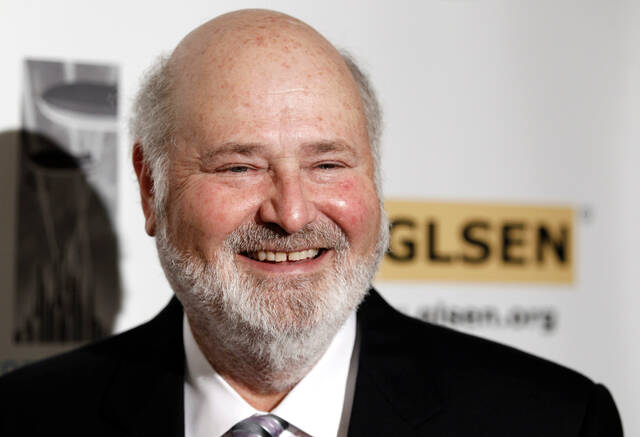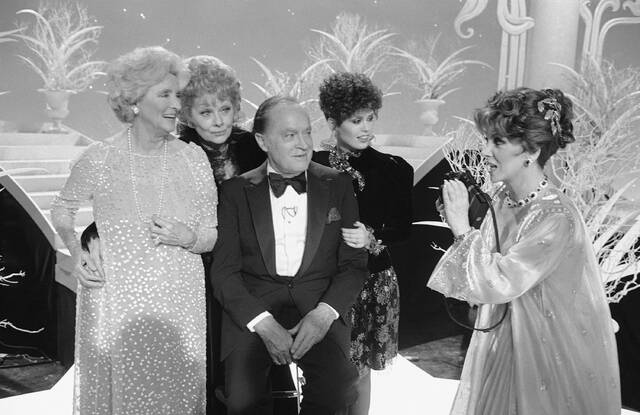The Mellon name certainly doesn’t go unrecognized in the Pittsburgh area. But a Mellon who might not get the recognition he fully deserves is Andrew Mellon. Sure, he’s hardly unknown in these parts, but I think Andrew Mellon isn’t appreciated quite the way he should be.
One native who doesn’t make that mistake is Lawrence W. Reed.
Raised in Beaver Falls, Reed graduated from Grove City College in 1975. He became the first president of the Mackinac Center for Public Policy before becoming president of the venerable Foundation for Economic Education, one of the oldest free-market think tanks.
Reed
(President Herbert Hoover was not—a key reason why Hoover’s tenure was disastrous.)
In 1913, Democratic President Woodrow Wilson and the Congress implemented America’s first permanent tax on federal income. Doing so required nothing short of an amendment to the U.S. Constitution. The top rate for this progressive income tax was 7%, applied only to the fabulously wealthy. As Reed notes, “people scoffed at the idea that the top rate would ever exceed 10%.” But leave it to Wilson and the boys to quickly change that. By Wilson’s last year, the top rate was an astonishing 73%.
Mellon believed that such rates stifled economic growth. “Mellon believed that reducing the burden of high income tax rates would create prosperity,” noted Reed. They could even balance the federal budget via the rise in revenue: Precisely that happened when Mellon brought down the top rate to 24%, in addition to cutting tax rates across the board. The ’20s roared in response.
This free-market philosophy of stimulating growth through cutting taxes and holding back government got America through a very brief recession in 1921-22. “They hung in there with the tax cuts and allowed the economy to adjust without government intervention,” said Reed.
Herbert Hoover, despite the false image of him as laissez faire, did just the opposite. He hiked the upper tax rate back up — to 63%. President Franklin Delano Roosevelt went further, creating a 94% upper tax rate. Incredibly, FDR actually wanted a 99.5% rate on incomes over $100,000. (I know it’s unbelievable. Look it up.) Congress told him no.
In Reed’s view, this policy prolonged the 1930s Great Depression — as late as 1946. It was a 16-year-long depression, far exceeding all the worst previous downturns in U.S. history. Heavy-handed government made things worse. It was the polar opposite of what Andrew Mellon had done in the 1920s.
As a sad coda to this story, FDR sought to ruin Andrew Mellon, discrediting him philosophically and personally. He ruthlessly sicced his IRS on Mellon. Mellon was ultimately fully exonerated, though FDR’s hounding took its toll. Mellon died in August 1937.
FDR’s mistreatment of Andrew Mellon was so bad that the founder of this newspaper, Richard Mellon Scaife, often vented to me about FDR’s persecution of his great-uncle. Scaife loathed FDR for what he did to Andrew Mellon.
For Americans as a whole, we should have great respect for Andrew Mellon. What he did for this country and this region was extraordinary. And his thinking about taxation and government should remain with us still.








